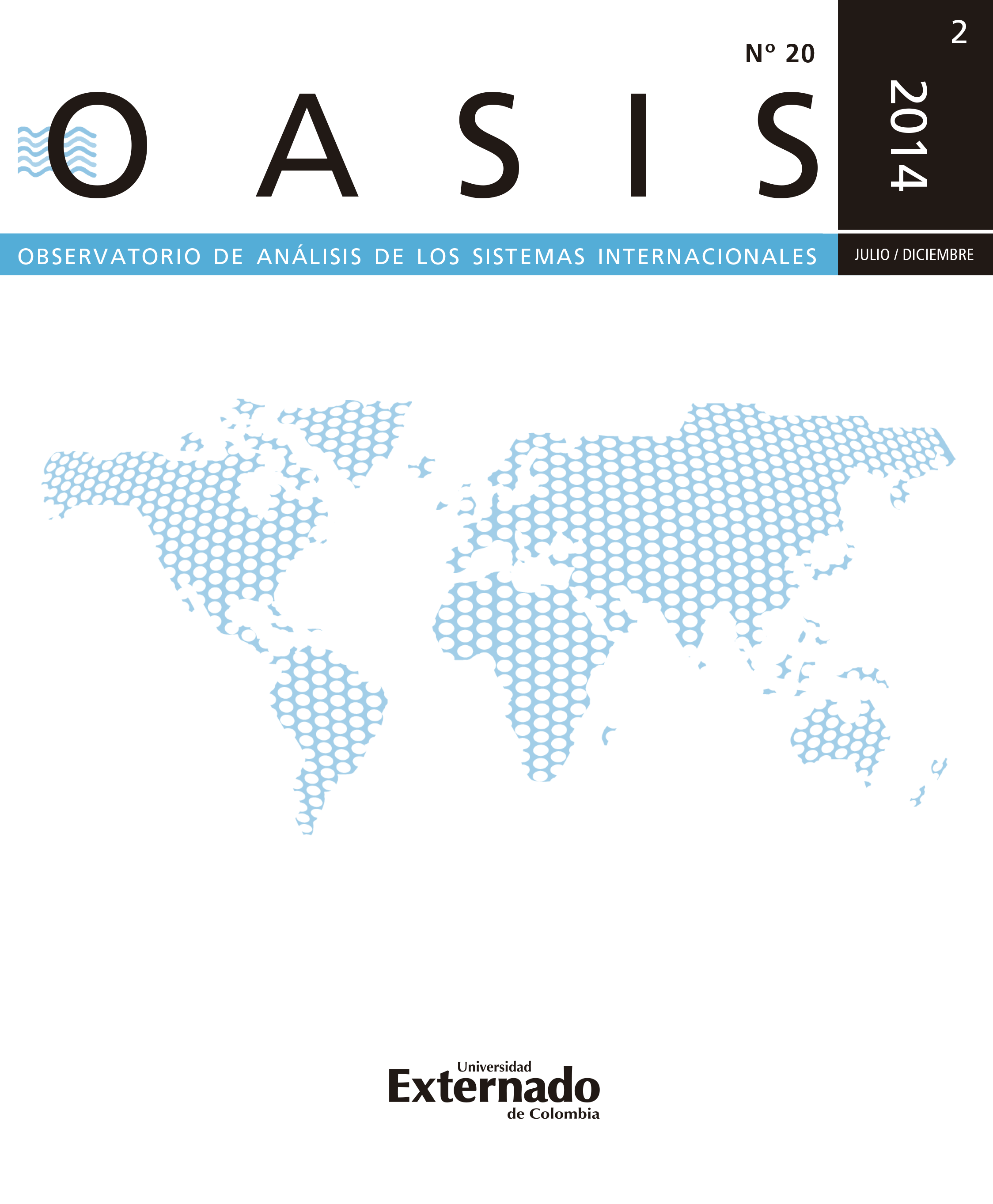The Importance of the United Nations Guidelines for the Long-Term Sustainability of Space Activities and Other International Initiatives to Promote Space Sustainability
The Importance of the United Nations Guidelines for the Long-Term Sustainability of Space Activities and Other International Initiatives to Promote Space Sustainability
Contenido principal del artículo
Resumen
The long-term sustainability of space activities is an emerging issue to which actors in the global space community –including governments, agencies, and industry– are devoting increasing amounts of attention and resources. Considering the sustainability of space activities involves taking into account the present population of space debris, the size of the debris population in the most commonly-used Earth orbits in the future, and the possibility of collision events between objects in space. Addressing space debris and other threats to space sustainability involves both technological and political solutions. The United Nations Committee on the Peaceful Uses of Outer Space (copuos) has led a major effort to define such solutions and has established a working group tasked with the development of non-binding long-term sustainability (lts) guidelines. This article includes an overview of the concept of space sustainability, a discussion of the need, development, and current status of the lts guidelines, as well as an analysis of some of the guidelines themselves. It concludes with a broader discussion of space as an area without state sovereignty – one of the key aspects that have influenced the development of non-binding measures to address the space sustainability challenge. In this context, and given the governance questions that arise from the interaction between states and non-state actors in this domain, this discussion should be of interest to international relations scholars and practitioners.
Palabras clave
Descargas
Detalles del artículo
Referencias / Ver
A/AC.105/C.1/L.339. (2013). Proposal for a draft report and a preliminary set of draft guidelines of the Working Group on the Long-term Sustainability of Space Activities. United Nations Committee on the Peaceful Uses of Outer Space. Vienna: United Nations Office for Outer Space Affairs. Retrieved from: http://www.oosa.unvienna.org/pdf/limited/c1/AC105_C1_L339E.pdf.
A/AC.105/C.1/L.340. (2014). Updated set of draft guidelines for the long-term sustainability of outer space activities. United Nations Committee on the Peaceful Uses of Outer Space. Vienna: United Nations Office for Outer Space Affairs. Retrieved from: http://www.oosa.unvienna.org/oosa/en/COPUOS/STSC/ac105-c1-ltd.html#AC105_C1_L340.
A/AC.1-5/2014/CRP.14. (2014). Working report of expert group B: SpaceDebris, Space Operations and Tools to Support Collaborative Space Situational Awareness. United Nations Committee on the Peaceful Uses for Outer Space. Vienna: United Nations Office for Outer Space Affairs.
Chow, T. & Weeden, B. (2012, August). Taking a common-pool resources approach to space sustainability: A framework and potential policies. Space Policy, 28(3), 166-172.
Chow, T. & Weeden, B. (2013). Engaging All Stakeholders in Space. In International Astronautical Congress. Beijing: Secure World Foundation. Retrieved from: http://swfound.org/media/119718/IAC-13,E3,4,2,x18131_TC.pdf.
Klinkrad, H. & Bohlmann, U. M. (2009). Requirements on Space Debris Mitigation for esa Projects. In 48th Session of the Legal Subcommittee of the United Nations Committee on the Peaceful Uses of Outer Space. Vienna. Retrieved from: http://www.UNOOSA.org/pdf/pres/lsc2009/pres-07.pdf.
nasa Office of the Inspector General. (2014, September 18). Extending the Operational Life of the International Space Station Until 2024, 56. Washington, DC: National Aeronautics and Space Administration. Retrieved from: http://oig.nasa.gov/audits/reports/Fy14/IG-14-031.pdf.
National Aeronautics and Space Administration. (n.d.). Frequently Asked Questions. Houstong: NASA Orbital Debris Program Office. Retrieved from: http://orbitaldebris.jsc.nasa.gov/faqs.html.
Ostrom, E. (1998). Governing the Commons. Cambridge: Cambridge University Press.
Rajagopalan, R. P. & Porras, D. (2014). Awaiting Launch: Perspectives on the Draft icoc for Outer Space Actitivities. Observer Research Foundation. Retrieved from: http://orfonline.org/cms/export/orfonline/modules/report/attachments/AwaitingLaunch_1397728623369.pdf.
Union of Concerned Scientists. (n.d.). Nuclear Weapons and Global Security - UCS Satellite Database. Retrieved from: http://www.ucsusa.org/nuclear_weapons_and_global_security/solutions/spaceweapons/ucs-satellite-database.html.
United Nations. (1967, January 27). Treaty on Principles Governing the Activities of States in the Exploration and Use of Outer Space, including the Moon and Other Celestial Bodies. United Nations Treaty Series, 610, 8843. London, Moscow, and Washington: United Nations.
United Nations. (2014). Report of the Committee on the Peaceful Uses of Outer Space. Vienna: United Nations. Retrieved from: http://www.oosa.unvienna.org/pdf/gadocs/A_69_20E.pdf.
UNOOSA. (2007). COPUOS Space Debris Mitigation Guidelines. Vienna: United Nations Office for Outer Space Affairs.
Weeden, B. (2012, June 4). The Economics of Space Sustainability. The Space review. Retrieved from: http://www.thespacereview.com/article/2093/1.
World Commission on Enviornment and Development (1987). Our Common Future. New York: Oxford University Press.




